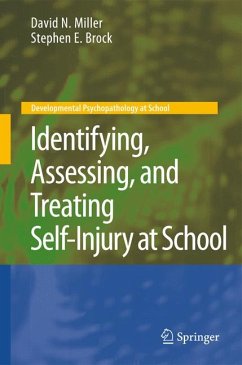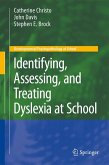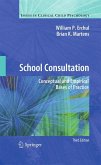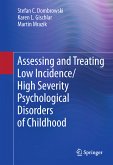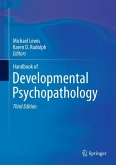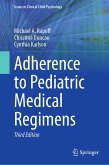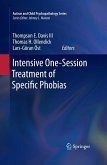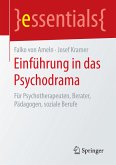The first book specifically geared toward education personnel, Identifying, Assessing, and Treating Self-Injury at School clearly defines NSSI, differentiating it from suicidal, borderline, and other behaviors and analyzing the psychological contexts in which it occurs. This school-based perspective gives readers a practical framework for earlier, more accurate diagnosis; relevant consulting with parents, teachers, and colleagues; and effective, science-based treatment.
Included in the coverage:
. An overview of causes of self-injury.
. Current findings on prevalence and associated conditions.
. Early screening guidelines, including risk factors and warning signs.
. The latest information on assessment issues and diagnostic methods.
. A separate chapter on psychoeducational assessment.
. Up-to-date research on interventions for NSSI.
Identifying, Assessing, and Treating Self-Injury at School offers a solid foundation for school psychologists and allied educational professionals to understand students with NSSI and address their complex needs.
Dieser Download kann aus rechtlichen Gründen nur mit Rechnungsadresse in A, B, BG, CY, CZ, D, DK, EW, E, FIN, F, GR, HR, H, IRL, I, LT, L, LR, M, NL, PL, P, R, S, SLO, SK ausgeliefert werden.

